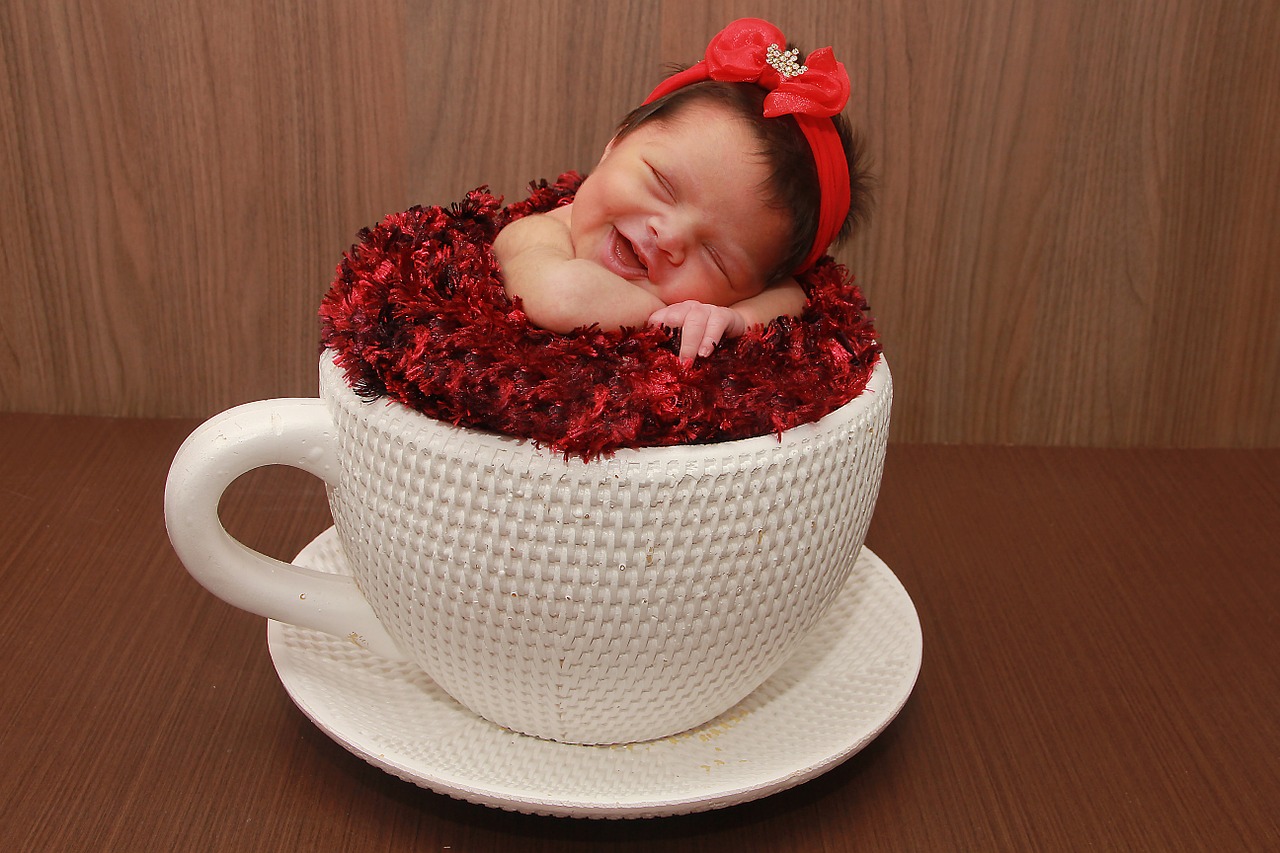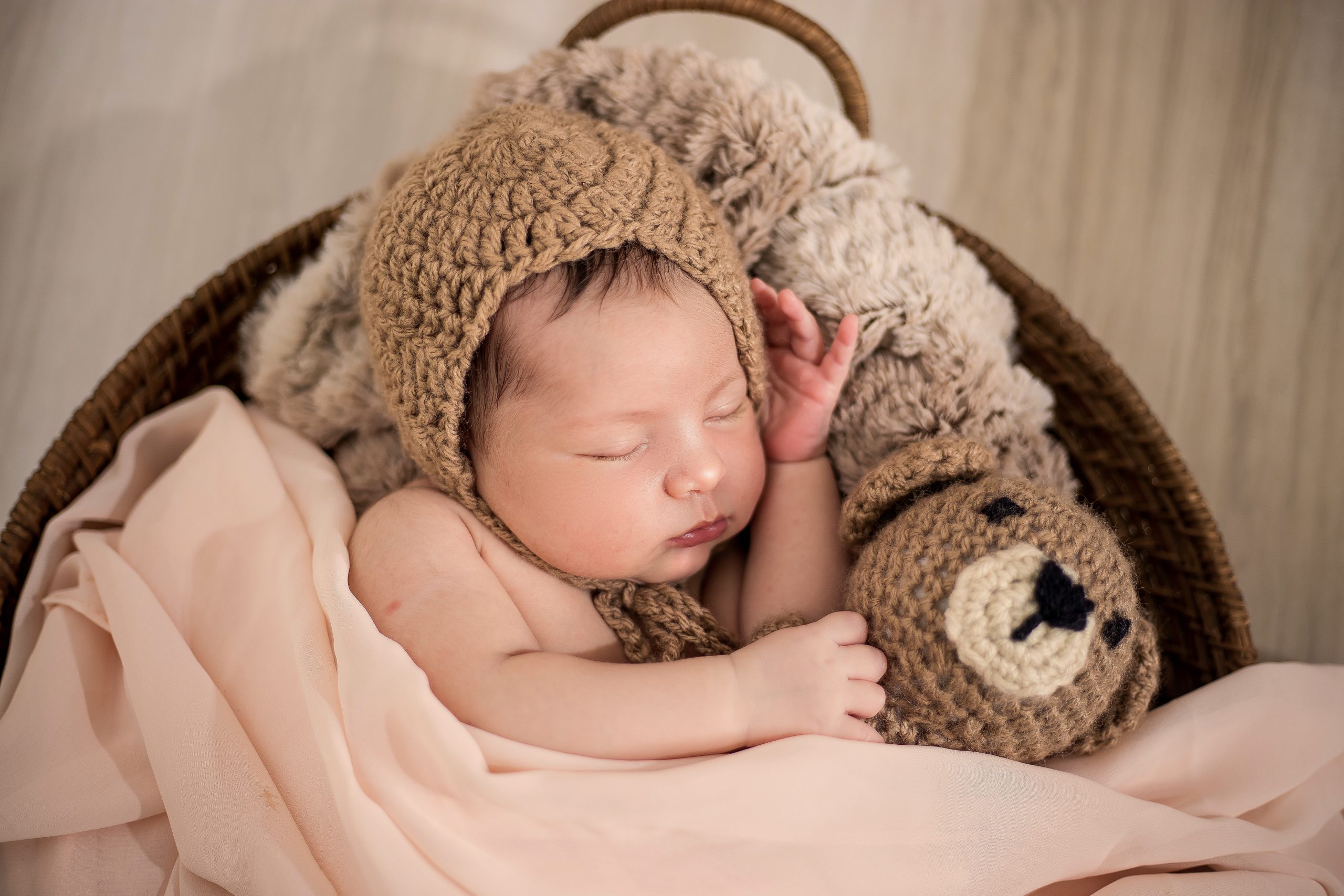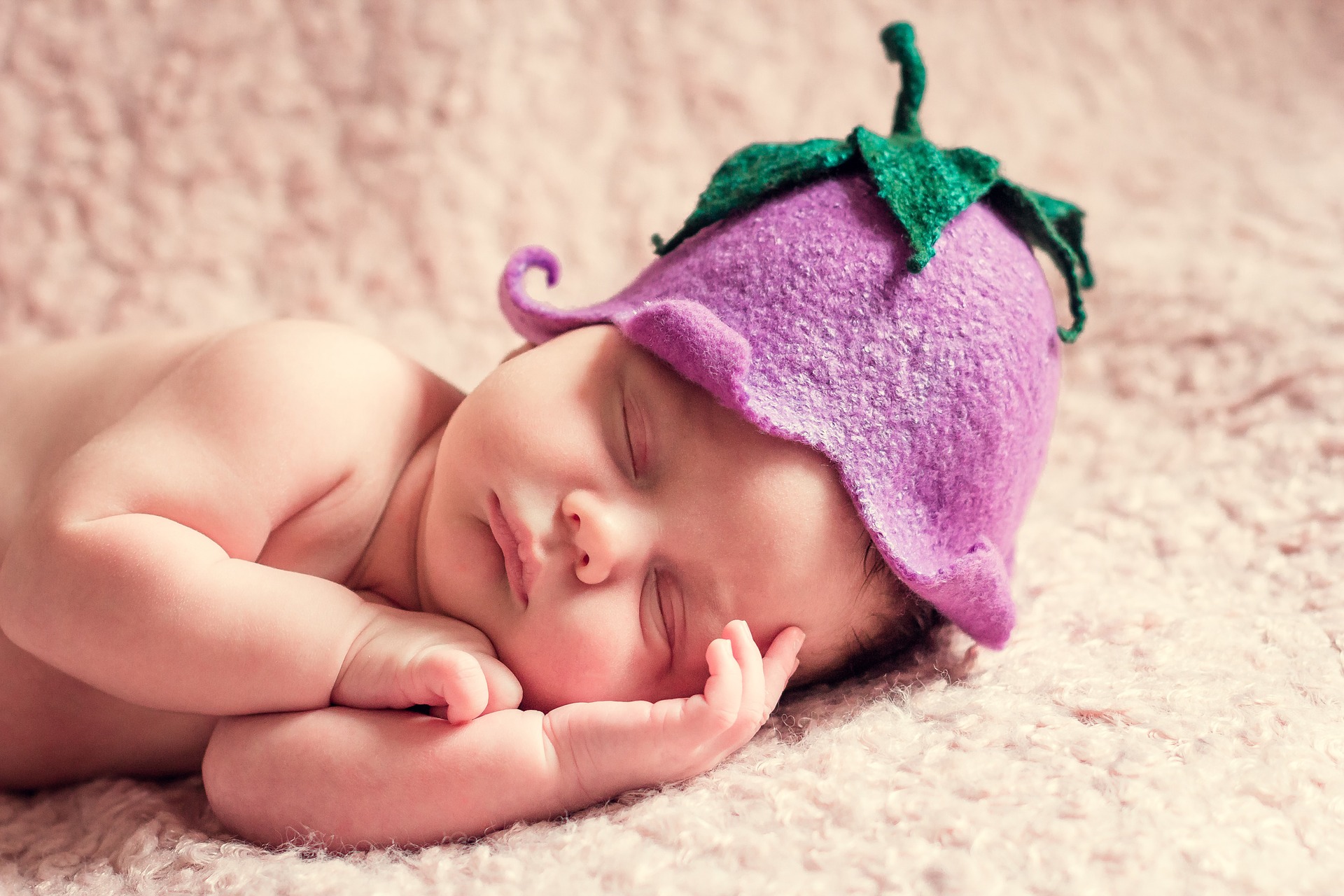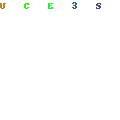What are you expecting from your newborn that will he smile when you put him in arms? Absolutely not! Your newborn will require a certain time period to know you well.
The baby’s first smile is the very first and most rewarding memory of parenthood. As a parent, your baby’s smile is the only way that makes you mentally relax and cheerful.
I hope you won’t miss your baby’s smile that is just a few days old. For having a particular idea, you must do some homework. In order to keep this demand of yours we have brought this amazing informative guide about baby smile.
When do babies start to smile? This article is specially written for all those new parents who want to know about their baby smile and their socialism.
Surely in the end, you will be fully satisfied with baby smile info and some interesting tips about baby encouraging.
When do babies start to smile?

According to the “Gettleman, M.D., a pediatrician and owner of Dr. Goofy Gettwell Pediatrics in Scottsdale, Arizona,” Believe it or not, your baby was probably smiling long before she was born. Babies can smile very early in life, even in utero.
These earlier smiles are not social or responsive to do anything but just one kind of reflex movements similar to the jerky arm and leg. The reflex smiles can be seen through the equipment testing process.
If your babies are still in the womb and you are very excited to see his/her real smiling face, then sorry you have to wait for the next few weeks approximately.
Real facts:
When your baby smiles at you for the very first time, then it feels like all your tiredness, morning sickness, delivery pain, and all other anxieties were just meaningless.
This smiling face is a million times worth over all these uncomforting situations. For parents, nothing sweeter and cuter than an infant’s real smiley face.
When do babies start smiling after birth?

Well, smiling is a welcome milestone of a baby’s developmental social skills. 6 to 12 weeks age is a certain time period when the baby starts making a smiley face. His/her face smile may come at sleeping, peeing, burping and feeding time.
According to the grannies, newborn smiles due to gas, so, his/her newly smiles are not notable. Unfortunately, sometimes grannies go right! Actually, these early smiles are just formality of their starting age.
No worries, if you won’t to believe in this fact, but probably this is true. Newborns smile when they feel their selves free from an uncomforting situation. No matter! which is the reason any way, but you have to look forward to their real smile.
After one and half months, often babies start making eye contact, and soon, they try to respond by making different faces. When they complete two months, then you may expect their real smiley face contraction.
Just before the baby’s full-fledged social smile, parents may observe a lot of smiling tries. He/she actually practices and tries to explore how he/she can move mouth?
According to doctors, 6 to 8 is the suggesting age when a baby makes his first true smile. At this age, he is actually being social and starts responding to his mama and dada, who are thundery, waiting for this precious moment.
Keep in mind that the first baby social smile will seem like a blessing face; you cannot expect it like a cheerful smile.
Importance of baby smile:
- The baby’s social smile is not only delightful from all whether it plays an important role in the tiny brain’s development.
- Social smile actually meant that your baby starts learning social clues and trying to get the concentration of his caregivers.
- The baby smile is taking inordinate importance in his life. It obviously confirms that he is fine mentally and ready to grow further.
- You cannot ignore your smiling baby so, if I say that a smile increases the baby’s value, then it will be not wrong.
Difference between Reflex and Real smiles:
For easy information, I can make you know the difference between and reflex and real smiles within two lines.
Reflex Smile: Certainly, a reflex smile is shorter and happens rarely. Sleeping, pooping, peeing, and burping are few random conditions of a newborn when they make reflex smiles.
Real Smile: A real smile is the prettiest type of baby faces that he makes to respond to you. In a real smile, a baby stretches his full mouth and even trying to make eye contact also. The real baby smile signifies the normality of baby brain and even other developmental growth.
What to do if my baby is not smiling yet?
Well, I must say, similar to the adults babies have different types of nature. Some are quicker in everything, and few may get late, just like a smile. If your baby has reached just two months and not smiling yet, then no worries.
According to the pediatrician, few babies take time to smile, and commonly 6 weeks to 4 months age is considered for a real baby smile. You cannot insist on your two months old baby to smile earlier.
May you have heard that late smiling could be a direct concern to the “autism spectrum disorder.” Feeling sorry, but it could be true someway. The doctors examine babies for autism disorder by real smiles.
For further confirmation, you can observe your 5 to 6 months old baby in different ways; just like if he makes eye contact, even vocalizes and tries to respond to your verbal sounds, then congratulations! There is no need to concern a doctor.
On the other hand, if your baby is not responding at the 6 months old and not even smiles, then be alarmed. However, you should discuss all baby concerns with your pediatrician.
Tips corner:
- Here we have collected a few encouraging tips for new parents. If your baby is not taking much interest in a real smile, then you may try bellow tips to make him smiley check them out!
- Give your quality time to your infant and make him know you are his guardian. Surely baby will start responding to your kisses, hugs, and sweet smiley loud voices.
- Play Pee-Kaa-Boo types game with your infant and try to surprise him in different ways. This way, you will be able to get his delight and also will help him to brain development.
- You may introduce some kind of funny toys with sounds to make your baby know that when and how to react. This is a working methodology that often used in therapies.




